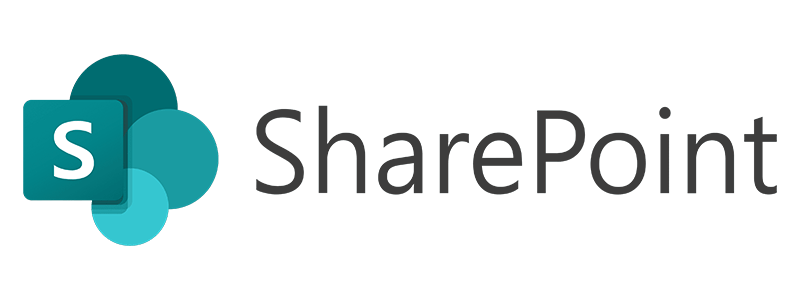Managed Cloud Services
Managed cloud services refer to cloud computing services that are outsourced to a third-party provider who manages the infrastructure, resources, and services required by the client. Here are some of the benefits of managed cloud services:
1
Expertise: Managed cloud service providers are experts in cloud computing, and they have the experience and knowledge to manage cloud environments effectively. They can provide guidance, support, and expertise in managing cloud infrastructure, which can help organizations optimize their operations and improve efficiency.
2
Cost-effective: Managed cloud services can help organizations save money on hardware and software costs, as well as the cost of hiring and training IT staff. Instead, they can pay a fixed fee for the services they need, which can help them better manage their IT budgets.
3
Scalability: Managed cloud services can easily scale up or down depending on the needs of the organization. The provider can quickly add or remove resources as needed, which can help organizations respond to changing demands without having to invest in additional hardware or software.
4
Security: Managed cloud service providers typically offer robust security measures to protect the client’s data and infrastructure. They have the expertise and tools to implement security best practices and protocols, which can help organizations reduce the risk of security breaches and data loss.
5
Flexibility: Managed cloud services offer a range of options for organizations to choose from, including private, public, and hybrid cloud solutions. This flexibility allows organizations to choose the best solution that meets their specific needs and requirements.
Synergi IT Systems believe managed cloud services can provide organizations with a range of benefits, including cost savings, scalability, security, and expertise. By outsourcing their cloud computing needs to a third-party provider, organizations can focus on their core business activities while leaving the management of their IT infrastructure to the experts.
Backup your valuable data to our secure cloud
Migrate your Systems to the Cloud

Microsoft SharePoint
Microsoft SharePoint is a popular collaboration and document management platform that allows teams to share information, collaborate on projects, and manage documents from a central location. Here are some benefits of using Microsoft SharePoint:
- Centralized Collaboration: SharePoint enables teams to collaborate on projects, share information, and manage documents from a single platform, providing a centralized location for collaboration.
- Document Management: SharePoint provides a robust document management system, allowing users to create, store, and manage documents, as well as track changes, version control, and document history.
- Integration with Office 365: SharePoint integrates seamlessly with Office 365, providing users with a familiar interface and access to all of the productivity tools in the suite.
- Customizable: SharePoint is highly customizable, allowing users to create their own workflows, forms, and templates, as well as customize the look and feel of the platform to match their branding.
- Security: SharePoint provides robust security features, including access controls, encryption, and data loss prevention, to protect sensitive data and ensure compliance with regulatory requirements.
- Scalability: SharePoint is a scalable platform, capable of supporting large teams and handling high volumes of data and documents, making it suitable for organizations of all sizes.
Microsoft SharePoint provides a powerful set of tools for collaboration, document management, and information sharing, enabling teams to work more efficiently and effectively.

Azure
Microsoft Azure is a cloud computing platform that provides a wide range of services and tools for building, deploying, and managing applications and services. Here are some benefits of using Microsoft Azure:
Scalability: Azure allows you to easily scale up or down your infrastructure based on your business needs, without the need for extensive hardware and software investments.
Reliability: Azure has a robust and reliable infrastructure, with a guaranteed uptime of 99.95%, which ensures that your applications and services are always available.
Security: Azure provides a wide range of security features, including multi-factor authentication, encryption, and threat detection, to help protect your data and applications from cyberattacks and other security threats.
Cost-Effective: Azure offers a pay-as-you-go pricing model, which allows you to only pay for the resources you use, making it a cost-effective solution for businesses of all sizes.
Integration: Azure integrates seamlessly with other Microsoft tools and services, including Office 365, Dynamics 365, and Power BI, making it easy to build and manage your applications and services.
Global Reach: Azure has a vast network of data centres around the world, which ensures that your applications and services are always accessible to your users, regardless of their location.
Innovation: Azure provides a wide range of innovative tools and services, including artificial intelligence, machine learning, and Internet of Things (IoT), which enables businesses to build and deploy advanced applications and services.
Simply put, Microsoft Azure provides a powerful and flexible cloud computing platform that enables businesses to build, deploy, and manage their applications and services with ease, while also providing advanced security features and a pay-as-you-go pricing model.

Microsoft Office 365
Microsoft Office 365 (O365) is a cloud-based productivity suite that includes a variety of tools and services for businesses and individuals. Here are some benefits of using O365:
- Accessibility: O365 is a cloud-based platform, which means that users can access their files and applications from any device with an internet connection, making it easy to work remotely or collaborate with others.
- Collaboration: O365 provides a range of tools for collaboration, including Microsoft Teams, SharePoint, and OneDrive, which enable teams to work together on projects, share information, and communicate in real-time.
- Productivity: O365 includes a range of productivity tools, including Word, Excel, PowerPoint, and Outlook, which allow users to create and edit documents, spreadsheets, presentations, and emails from any device.
- Security: O365 provides advanced security features, including multi-factor authentication, encryption, and threat detection, which help protect users’ data and applications from cyberattacks and other security threats.
- Cost-effective: O365 provides a flexible pricing model, with a variety of plans to choose from, making it a cost-effective solution for businesses of all sizes.
- Scalability: O365 is a scalable platform, which means that businesses can easily add or remove users as needed, without the need for extensive hardware and software investments.
- Updates and upgrades: O365 provides regular updates and upgrades, which means that users always have access to the latest features and tools.
O365 provides a comprehensive and flexible suite of tools and services for businesses and individuals, enabling them to work more efficiently and effectively, while also providing advanced security features and a cost-effective pricing model.
